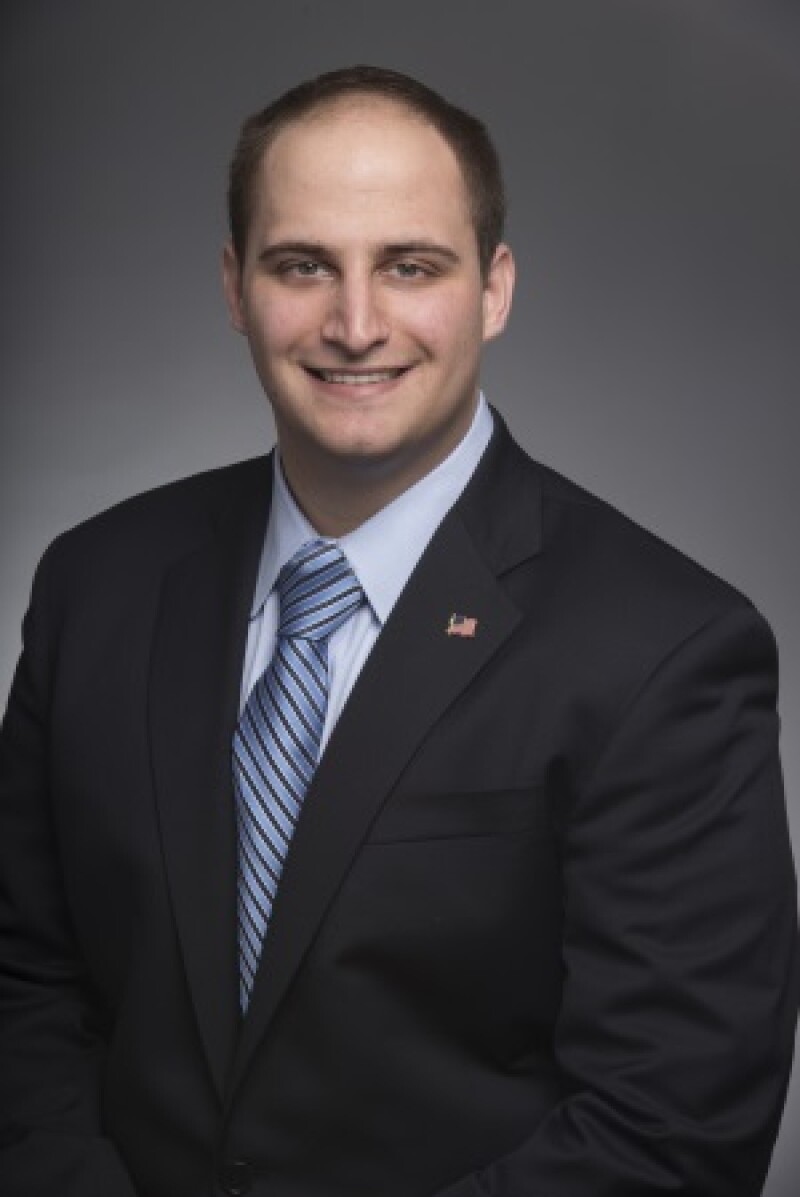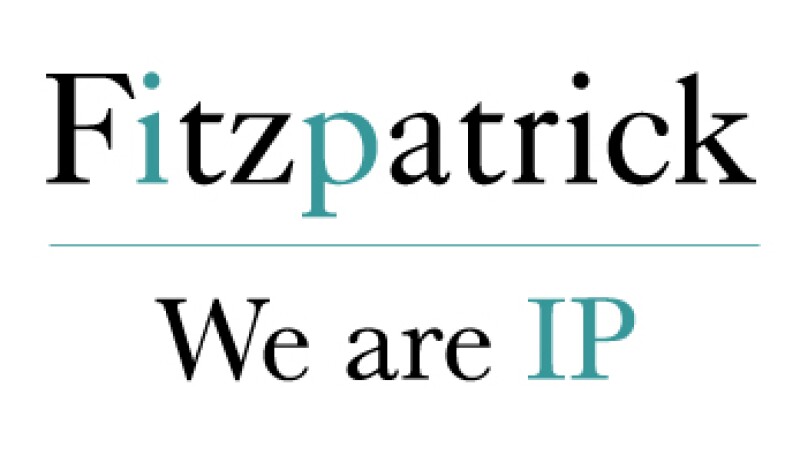

The Fourth Circuit Court of Appeals has concluded in Belmora LLC v Bayer Consumer Care AG et al (March 23 2016) that a false advertising/false association claim under Lanham Act §43(a) need not be premised upon the ownership of a United States trade mark registration or even use of a mark in the US. Such a claim is available to “[a]ny person who believes that he is or will be damaged” as a result of a defendant’s activities. Belmora LLC markets an analgesic in the United States called Flanax, which, according to Bayer Consumer Care AG, Belmora packages and promotes in a manner allegedly designed to create an untrue association or affiliation with an analgesic long marketed under the name Flanax by Bayer in Mexico. Notwithstanding the fact that Bayer did not use the Flanax mark in the United States and did not own a US registration, Bayer petitioned to cancel Belmora’s US Flanax registration under Lanham Act §14(3) alleging that Belmora’s use of the mark “misrepresent[ed] the source of [Belmora’s] goods”. The Trademark Trial and Appeal Board cancelled Belmora’s registration, concluding that Bayer had standing to bring the cancellation action because it “lo[st] the ability to control its reputation and thus suffer[ed] damage.”
Belmora appealed the Board’s decision via a civil proceeding in the Eastern District of Virginia. Meanwhile, Bayer filed suit in California alleging false association and false advertising under §43(a). The cases were consolidated in Virginia. Reversing the Board’s decision and dismissing Bayer’s false association/false advertising claims, the district court determined that Bayer lacked standing because it had never used or owned a registration for the Flanax mark in the US. Bayer appealed to the Fourth Circuit.
Focusing on the language of §43(a), the Fourth Circuit found that the statute does not require a plaintiff to possess a US registration or even to have used a trade mark in US commerce. Rather, in contrast to the trade mark infringement language of §32, Congress wrote §43(a) in terms of the putative defendant’s conduct, and did not include a plaintiff’s registration/use as a precondition. Thus, the district court had erred in reading such a requirement into the statute.
The Court then analysed whether Bayer had properly alleged its false association/false advertising claims in light of the two-prong test established by the Supreme Court in Lexmark Int’l v Static Control. The Fourth Circuit framed the issues as: did the alleged acts of unfair competition fall within the Lanham Act’s protected zone of interests? And if so, had Bayer pled proximate causation of a cognizable injury?
As to false association, the Court found that that Bayer’s claim fell within the appropriate zone of interests because the complaint alleged that Belmora’s misleading association with Bayer’s Mexican product had caused customers to buy Belmora’s product in the United States instead of Bayer’s product in Mexico. These alleged lost customers, the court found, could reasonably translate to a cognizable injury in the form of lost sales revenue, satisfying Lexmark’s second prong.

Similarly, as to false advertising, Bayer’s claim fell within the Lanham Act’s zone of interests by “protecting persons engaged in commerce within the control of Congress against unfair competition”. Further, Bayer had sufficiently alleged that Belmora engaged in unfair competition by using deceptive advertisements that capitalized on Bayer’s goodwill, thus potentially causing Bayer to lose customers and demonstrating injury proximately caused by Belmora’s conduct.
Although the decision appears to provide an avenue for foreign entities to reach into the US to stop a domestic trade mark use, the decision is premised upon whether Bayer had standing and whether its claims could survive a motion to dismiss. Whether Bayer (or any similarly positioned plaintiff) will ultimately prevail on the merits of its §43(a) claims remains to be seen.











